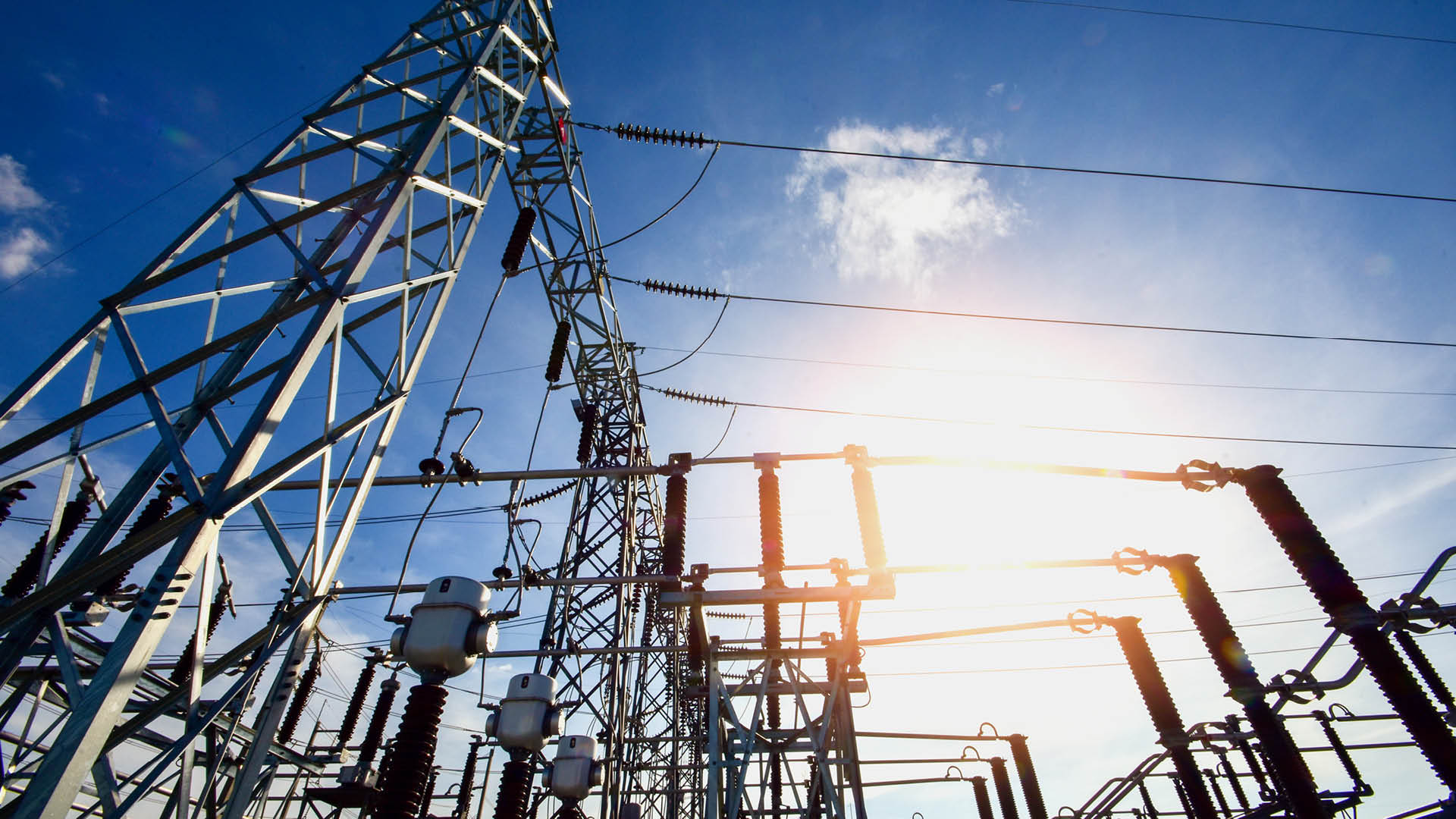
Publication
International arbitration report
In this edition, we focused on the Shanghai International Economic and Trade Arbitration Commission’s (SHIAC) new arbitration rules, which take effect January 1, 2024.


Global | Publication | septiembre 2020
The 2,000 megawatt Risk Mitigation IPP procurement programme (RMIPPPP)1 announced by South Africa’s Department of Mineral Resources and Energy in August is a complicated yet highly valuable procurement process as, in a first for the sub-Saharan Africa region, it is technology agnostic and output or performance based.
As well as dealing with a critical power supply gap, a major objective of the RMIPPPP is to reduce the usage of diesel peaking plants in South Africa that, whilst providing a system operator with necessary flexibility, are generally the most expensive generation on the grid system. The technology must provide dispatchable, flexible generation, be able to generate between specified hours, meet the required minimum load factor, and able to provide certain specified ancillary services to the system operator – responding to the system operator’s performance requirements.
The RMIPPPP may signal the start of a move towards solution driven and need focused tenders by utilities in sub-Saharan Africa, with an emphasis on forward thinking and smart system planning. As one presentation at the RMIPPPP bidders’ conference on 25 September stressed that, it is “no longer business as usual” and “not just a procurement of additional MW”, but the “procurement should facilitate a power profile that would address the most critical, immediate requirements of the system to improve energy security”2.
This type of technology-agnostic procurement enables utilities to dictate what they want and give the private sector flexibility to come up with the most appropriate solution. It therefore enhances the chance of a market entry for co-located renewables plus storage technologies, as the bidders have scope to propose a specification that responds to a basic set of performance parameters on a level playing field, with competitive tension driving down cost. As has been seen in other more established markets, co-located storage and renewables solutions are now increasingly a competitor of gas peaking plants.
Other tenders in emerging markets and more widely have shown that over-complication of what storage systems are technically capable of achieving has hindered their deployment. The use of a functional, rather than technical, specification in the procurement process, focusing on overall system benefits – whether it be time shifting, general grid stability or enabling frequency response – may be a simpler approach. Clarity as to the evaluation methodology that the procurer intends to use in this style of procurement process is critical to fairness, transparency and a successful outcome.
A hybrid approach was also adopted by Solar Energy Corporation of India (SECI) in a recent public tender for the construction, ownership and operation of 1,200MW of renewable energy (solar, wind or hybrid systems) generating capacity. The plant, designed to help alleviate peak demand, was required to be capable of dispatching power to the grid for at least six hours each day, mandating the use of energy storage systems.
The use of technology agnostic tenders should enable utilities in emerging markets to become more accustomed to the technical characteristics of co-located renewable and storage systems. It also provides an opening for developers to propose a technology solution to a state utility through a competitive tender process without the need to follow the risky, and time and cost intensive, unsolicited proposal route. This type of tender could therefore go beyond generation to transmission and distribution technologies as well.
The replacement of diesel peaking or emergency power capacity is the end game for most of sub-Saharan Africa, not just South Africa. It will be particularly beneficial in remote areas, or areas in which there are transmission constraints. An increasingly urgent need exists for flexible baseload generation in order to facilitate greater penetration of renewables and stabilise grid systems. As the Renewable Energy Independent Power Project Procurement Programme demonstrated, where South Africa goes, other utilities in sub-Saharan Africa often follow.

Publication
In this edition, we focused on the Shanghai International Economic and Trade Arbitration Commission’s (SHIAC) new arbitration rules, which take effect January 1, 2024.

Publication
On September 18, 2024, the "Decree amending the list that sets forth goods whose import and export are subject to regulation by the Ministry of Energy" (the "Decree") was published in the Federal Official Gazette.

Publication
On September 18, 2024, the "Decree amending the list that sets forth goods whose import and export are subject to regulation by the Ministry of Energy" (the "Decree") was published in the Federal Official Gazette.
Subscribe and stay up to date with the latest legal news, information and events . . .
© Norton Rose Fulbright LLP 2023